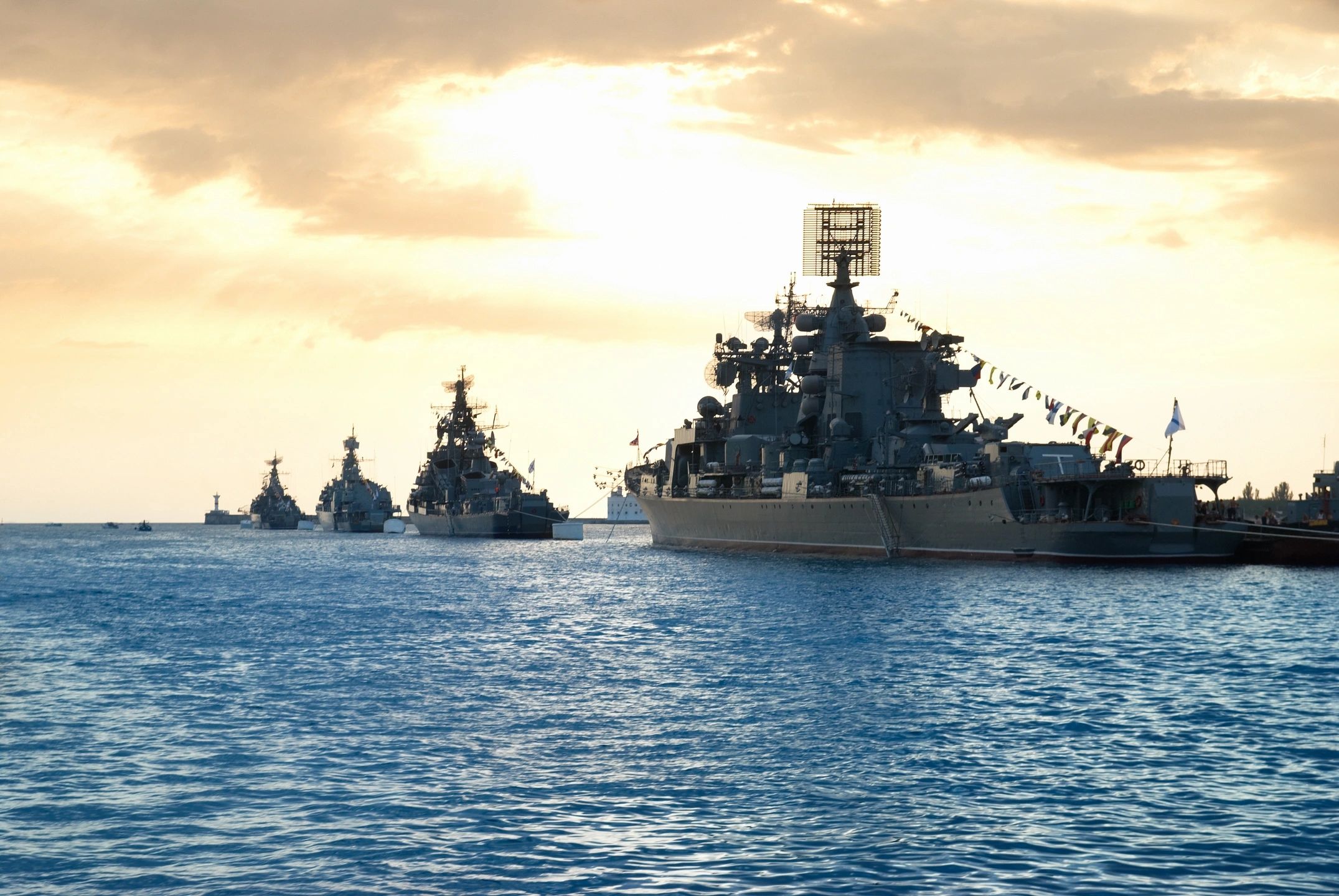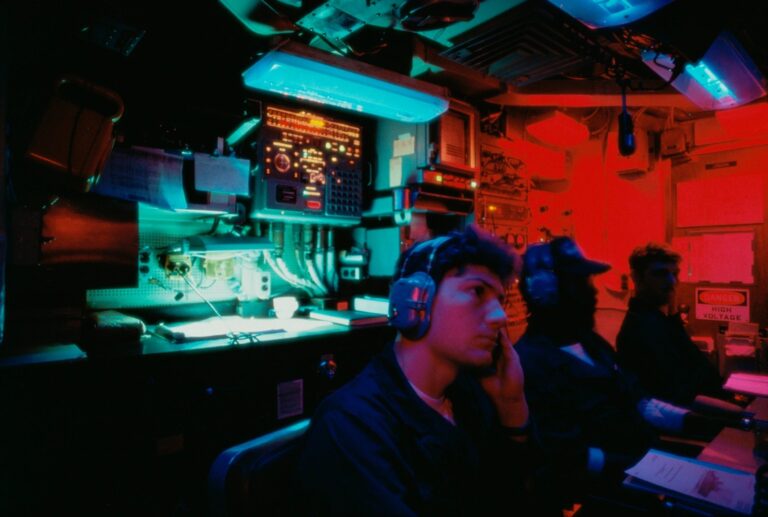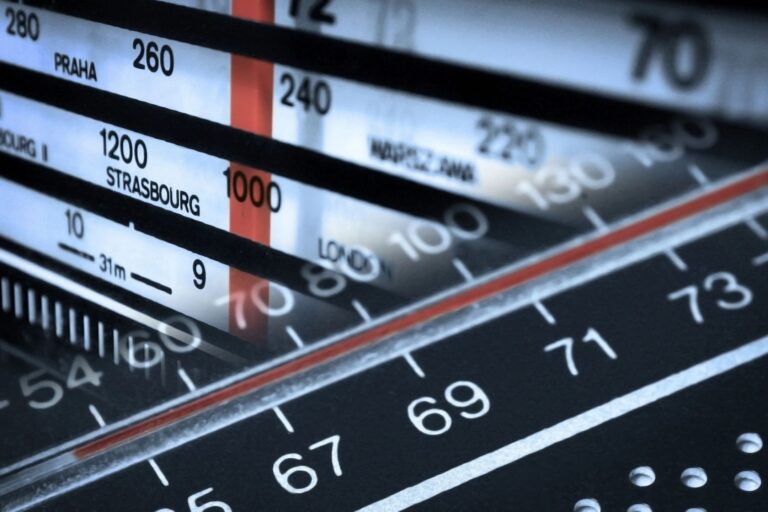The maritime industry faces unique challenges when it comes to communication, given the harsh environmental conditions and remote locations in which operations often take place. Reliable communication is critical for ensuring the safety of crew members and the efficiency of maritime operations. Rugged communication devices designed specifically for the marine environment offer a robust solution.
Key Features of Marine Communication Devices:
- Waterproof and Durable Construction: Marine communication devices are built to withstand exposure to water, salt, and extreme weather conditions. These features ensure that the devices remain operational even in the most challenging environments.
- Clear Audio Quality: In noisy marine environments, clear audio quality is essential for effective communication. Advanced noise-canceling technologies and high-quality speakers ensure that messages are heard clearly, reducing the risk of miscommunication.
- Long Battery Life: Long battery life is crucial for maritime operations, where access to charging facilities may be limited. Marine communication devices are designed to provide extended battery life, ensuring continuous operation during long voyages.
- GPS Tracking and Emergency Features: Integrated GPS tracking allows for real-time location monitoring of vessels and crew members. Emergency features such as distress signals and SOS buttons provide an added layer of safety, enabling quick response in case of emergencies.
Applications in the Maritime Industry:
- Commercial Shipping: Reliable communication is essential for coordinating activities between the bridge, engine room, and deck crew. Marine communication devices ensure seamless communication, enhancing operational efficiency and safety.
- Fishing Vessels: For fishing vessels operating in remote areas, rugged communication devices provide a critical link to shore-based support and other vessels, ensuring safety and coordination.
- Passenger Ferries: Ensuring the safety and comfort of passengers requires effective communication among the crew. Marine communication devices facilitate efficient coordination and quick response to any issues that arise.
Future Developments in Marine Communication:
The future of marine communication is likely to see further integration with satellite communication systems, providing even greater coverage and reliability. Advances in digital technology will also enhance the capabilities of marine communication devices, offering features such as real-time data sharing and advanced navigation support.
By adopting advanced marine communication solutions, maritime operators can enhance the safety and efficiency of their operations, ensuring better outcomes for both crew members and passengers.




